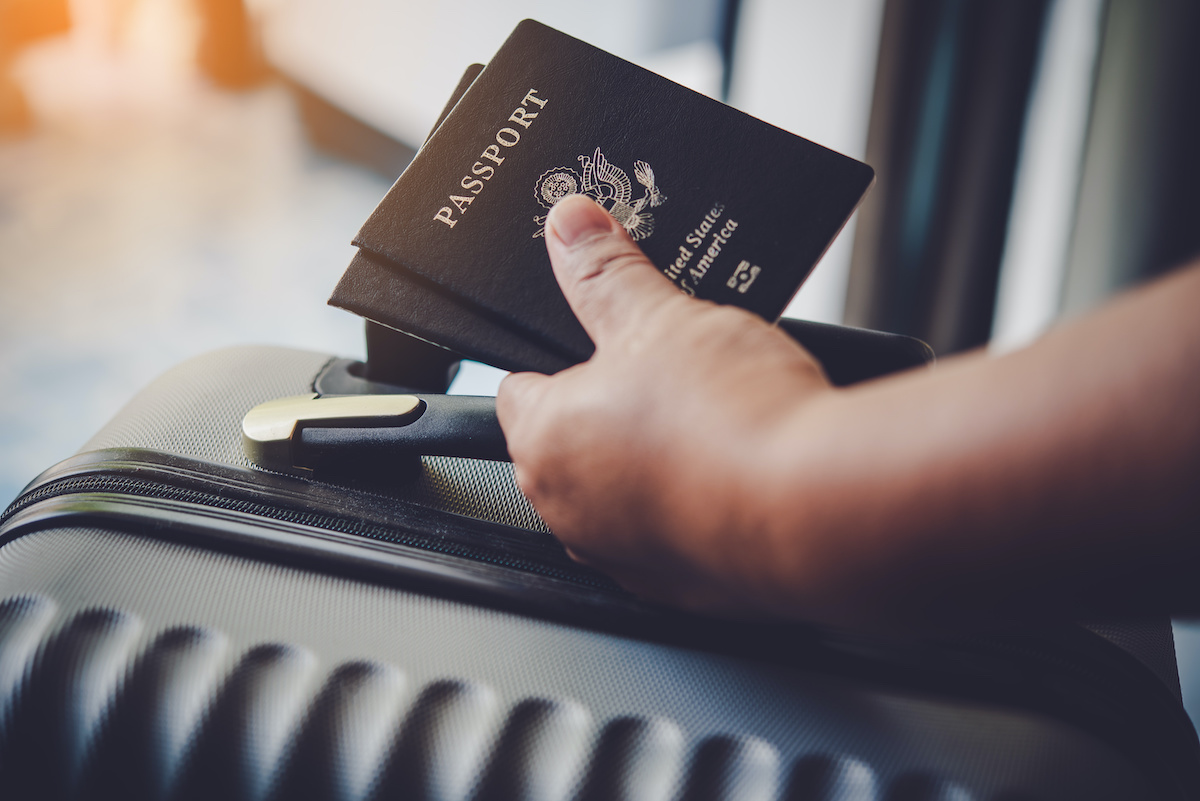Serving an individual with diplomatic immunity is a rare event, but it does occur, especially in cases involving estate management and personal finance.
In these circumstances, a person hoping to serve a foreign diplomat or ambassador must follow the regulations established by the 1961 Vienna Convention on Diplomatic Relations (VCDR.) This treaty provides the framework for all diplomatic relations between independent countries, including the method for process service to someone with diplomatic immunity.
What Is Diplomatic Immunity?
Diplomatic immunity is a form of legal immunity established by international law—most specifically the Vienna Convention of Diplomatic Relations. The legal immunity given to diplomats is intended to protect government and international officials stationed in a foreign country.
Diplomats representing their country abroad are protected against prosecution in the receiving state and are not subject to the authority of law enforcement or the court system in their assigned country.
While this does not mean a foreign official can commit a crime without retribution, it does complicate standard legal proceedings, especially in regards to process service. While sitting diplomats are immune from criminal prosecution, they are not entirely immune from civil proceedings.
Diplomats are not protected against civil lawsuits in the following three scenarios:
- Estate issues in which the diplomat is the executor, administrator, or beneficiary.
- Real-estate issues involving personal property owned by the diplomat.
- Professional or business activities outside the scope of their diplomatic duties.
How Can Diplomats Be Served?
In situations where a diplomat does not enjoy immunity, legal counsel is still required to notify the individual about their involvement in any legal proceedings, the same as any other defendant in a case. However, the standard regulations regarding international process service do not apply.
For example, a diplomat cannot be served papers personally or by mail. The VCDR states that even attempting to send a process server onto embassy premises is a violation of international law. And according to precedents established by the United States Department of State, attempting to complete process service by mail is likewise forbidden.
That means the only method of serving a diplomat is through official diplomatic channels, in which all documents are transmitted to the diplomat through the Foreign Ministry. The Foreign Ministry is responsible for delivering the documents through the appropriate channels as well as filing an affidavit of delivery in the domestic court.
Process service via Foreign Ministry is important because it provides notice to both domestic and foreign heads of state—preventing any potential conflict between nations, and keeping diplomats and ambassadors on both sides safe. However, it does make completing process service a very complex, complicated, and time-consuming endeavor.At DGR legal, we are experts at all forms of international process service, including service that requires working with Foreign Ministries and heads of state in order to serve diplomats and ambassadors. If you intend to serve a Foreign Sovereign or Instrumentality of a Foreign Government/Sovereign in their own country, it can be done via the Hague Convention (or any other convention for foreign process service) in accordance with the Foreign Sovereign Immunity Act.
Contact us today to learn more about this process and how our understanding of international law can benefit your case.

